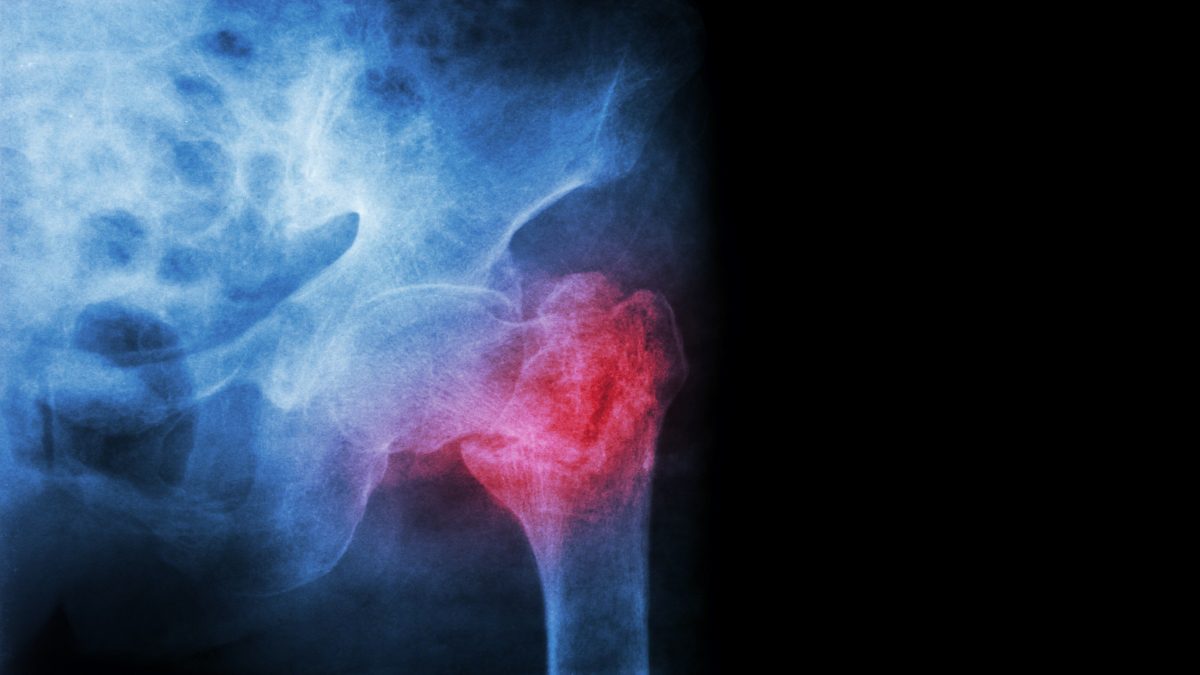Hip fracture meaning
A hip fracture is serious and can have life-threatening complications. In addition, the risk of a hip fracture increases with age.
People become more likely to suffer a hip fracture as they age because bones weaken with age due to a condition called osteoporosis. In addition to osteoporosis, the use of medications, problems with balance, and decreased vision can also make it more likely for the elderly to fall. Falls are one of the most common reasons for hip fractures.
Surgery is almost required to repair a hip fracture or to replace a hip joint that has been fractured. Surgery is typically followed by rehabilitation that lasts for several months. Prevention of hip fractures includes taking precautions to prevent falls and maintain bone strength.
Causes of hip fracture
A severe forceful impact, such as in a motor vehicle accident, may cause a hip fracture in a person of any age. In older individuals, hip fractures are most often caused by falling from a standing height. In people with weakened bones, the cause of hip fractures sometimes can be standing and twisting the hip or leg.
Hip fractures risks
Older people are at higher risk of a hip fracture. This is due to:
- Aging decreases muscle mass and bone density
- Problems with balance and vision, leading to falls, increase with age
Other factors that may increase the hip fracture risk include:
- Gender: Approximately 70% of all hip fractures occur in females. Women’s bone density decreases more quickly than men’s. This is in part due to decreases in estrogen during menopause which speeds bone loss. Though not as common, men can also develop decreased bone density levels, especially with advanced age.
- Chronic health conditions. Endocrine conditions, like thyroid disorders, can cause weakened bones. Disorders in the intestines that interfere with calcium absorption and Vitamin D can also lead to hip fractures due to fragile bones. Impairments in cognition can also increase the risk of falls, leading to hip fractures.
- Certain medications. Long-term use of steroid drugs, like prednisone, can cause bones to weaken. Other medicines or drugs are taken in certain combinations can cause dizziness and increase the risk of falls, which increases the risk of hip fracture.
- Nutritional problems. A lack of Vitamin D and calcium in the diet when a person is young decreases their peak bone mass. This elevates the risk of hip fracture later in their life. Eating disorders like bulimia or anorexia nervosa that deprive the body of nutrients that are essential for the formation of bone tissue can impair the skeleton.
- Lack of physical activity. Weight-bearing exercise, like walking, helps build bone strength and strengthens muscles, decreasing the risk of falls and hip fractures. A sedentary lifestyle can lead to decreased bone density.
- Tobacco and alcohol: The use of these interferes with bone tissue formation and the maintenance of healthy bones. This results in bone loss.
Click Here to read about Symptoms.
















Leave a Reply
You must be logged in to post a comment.